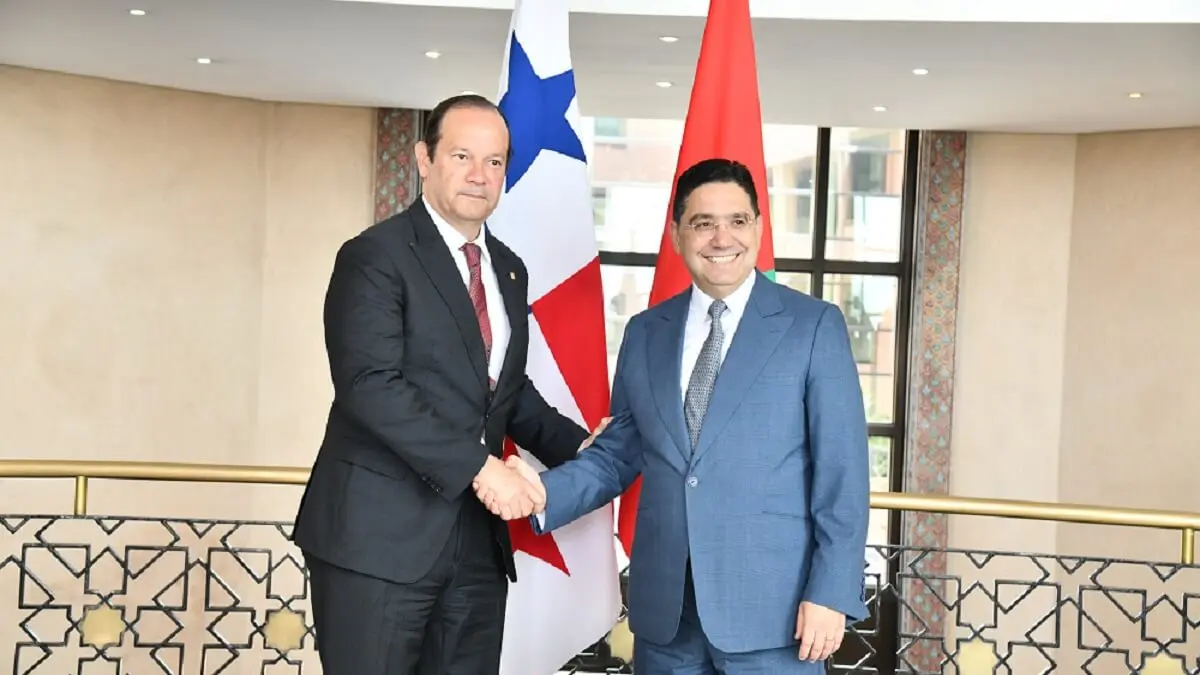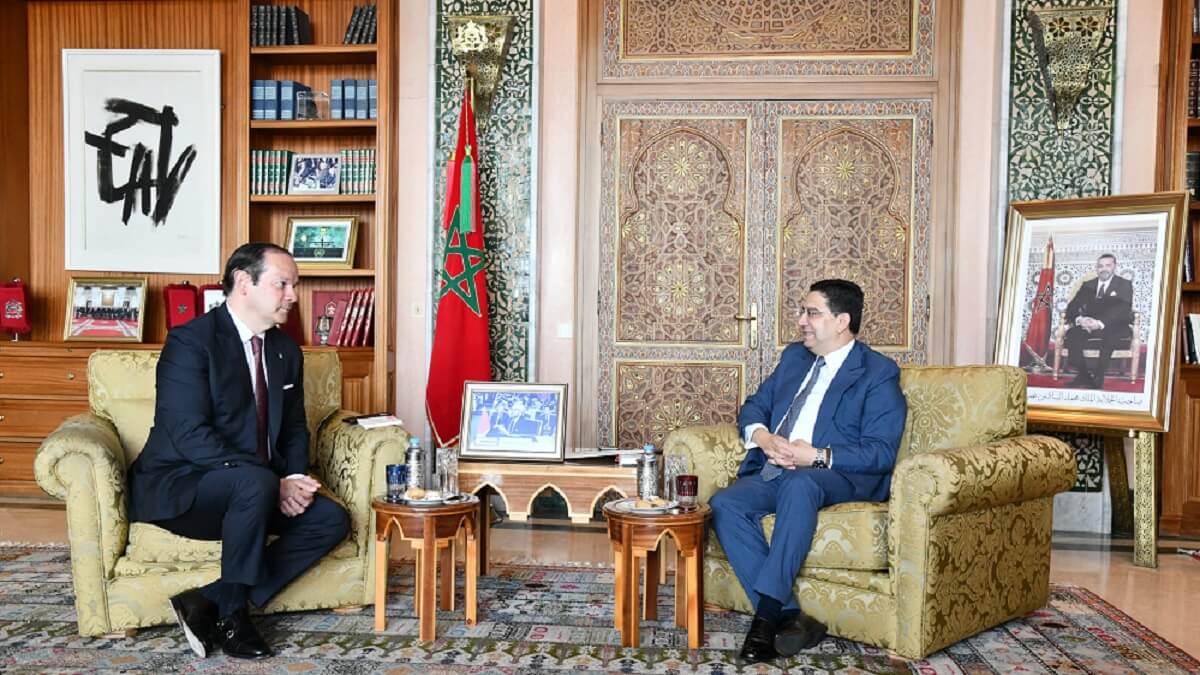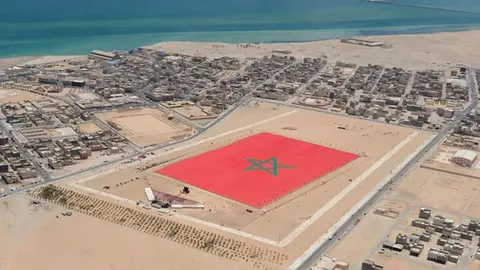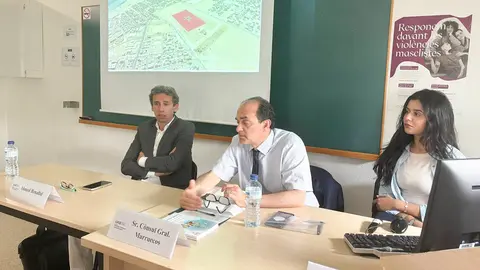Panama supports Morocco's Autonomy Plan for Western Sahara

The Republic of Panama, a non-permanent member of the United Nations Security Council, considers Morocco's Autonomy Plan for Western Sahara to be ‘the most serious, credible and realistic basis’ for resolving the Sahrawi conflict.
This was made clear in the joint official statement issued after the meeting held in Rabat between the Minister of Foreign Affairs, African Cooperation and Moroccans Abroad, Nasser Bourita, and the Panamanian Minister of Foreign Affairs, Javier Martínez-Acha Vásquez.
The Panamanian minister also stated at a press conference afterwards that the autonomy initiative presented by Morocco in 2007 ‘should be the only solution for the future’, underlining his country's clear support for the autonomy initiative to move towards a lasting agreement on the Sahrawi territory, which has been in dispute since the end of Spanish colonial rule almost five decades ago.
Panama's support for the autonomy initiative presented by the Moroccan kingdom to resolve the dispute over the Moroccan Sahara comes after the Central American nation's recent decision to break off all relations with the Sahrawi Arab Democratic Republic (SADR), which, in collaboration with the Polisario Front faction, advocates the holding of a referendum on independence for the Sahrawi population, something that violates the principle of territorial integrity defended by Morocco, which considers Western Sahara to be part of its southern provinces.

Morocco proposes a formula for Western Sahara that would grant broad autonomy under Moroccan sovereignty, in accordance with UN resolutions, which would give the Sahrawi people a high degree of self-government and enable prosperous economic, political and social development, while leaving foreign and defence policy in the hands of the Moroccan State.
Javier Martínez-Acha Vásquez also conveyed a cordial message from the President of the Republic of Panama, José Raúl Mulino, to King Mohammed VI of Morocco, reflecting the willingness of the heads of state of both countries to consolidate the positive momentum in relations between the Kingdom of Morocco and the Republic of Panama with a view to strengthening cooperation between the two nations.
In this regard, Panama also highlighted the important initiatives launched by King Mohammed VI, who, since ascending to the throne in 1999, has promoted significant national development and progress in the North African country and has also fostered African progress and collaboration through important actions such as the Atlantic Initiative, which promotes access to the Atlantic Ocean for the Sahel countries in order to foster development and trade relations among the Sahel nations, which are affected by poverty and significant economic crises. Another example is the African Atlantic Gas Pipeline megaproject, which maximises South-South cooperation.
Points saillants des déclarations de Monsieur le Ministre Nasser Bourita lors de la conférence de presse tenue à l'issue de sa rencontre avec le Ministre des Relations Exterieures de la République du Panama, M. Javier Martínez-Acha Vásquez @javierachapma pic.twitter.com/yGaMkIplfq
— Maroc Diplomatie 🇲🇦 (@MarocDiplomatie) June 16, 2025
The head of Panamanian diplomacy also highlighted the role of the North African country as a very important player in the fight against terrorism and organised crime and in the preservation of peace and security on the African continent.
Both ministers highlighted the excellent ties of friendship and solidarity between the two nations and agreed on the need to continue these exchanges and take stock of the bilateral relationship in order to improve and consolidate it, while respecting and defending basic values such as the preservation of peace and democracy, good governance and solidarity.










